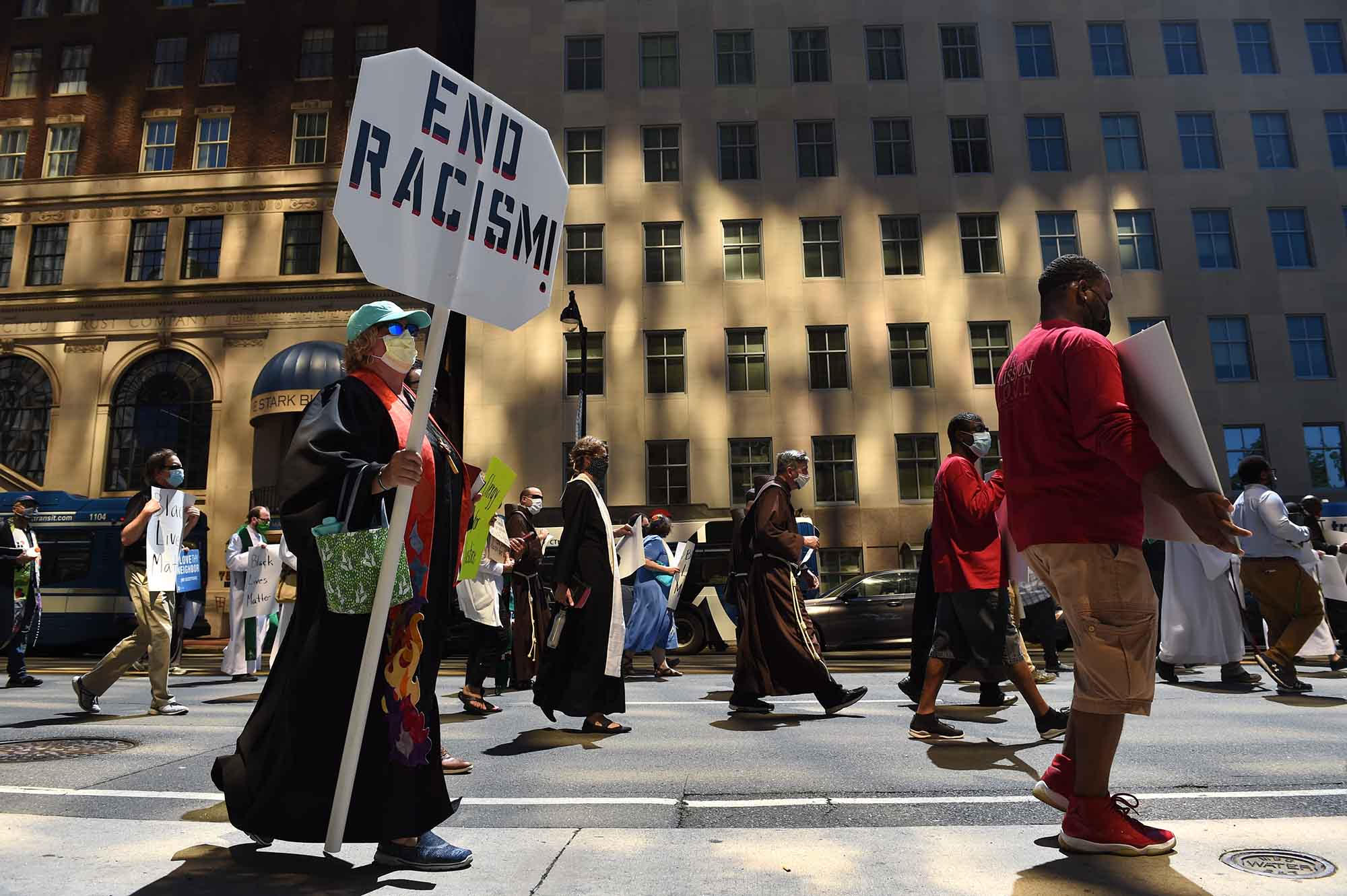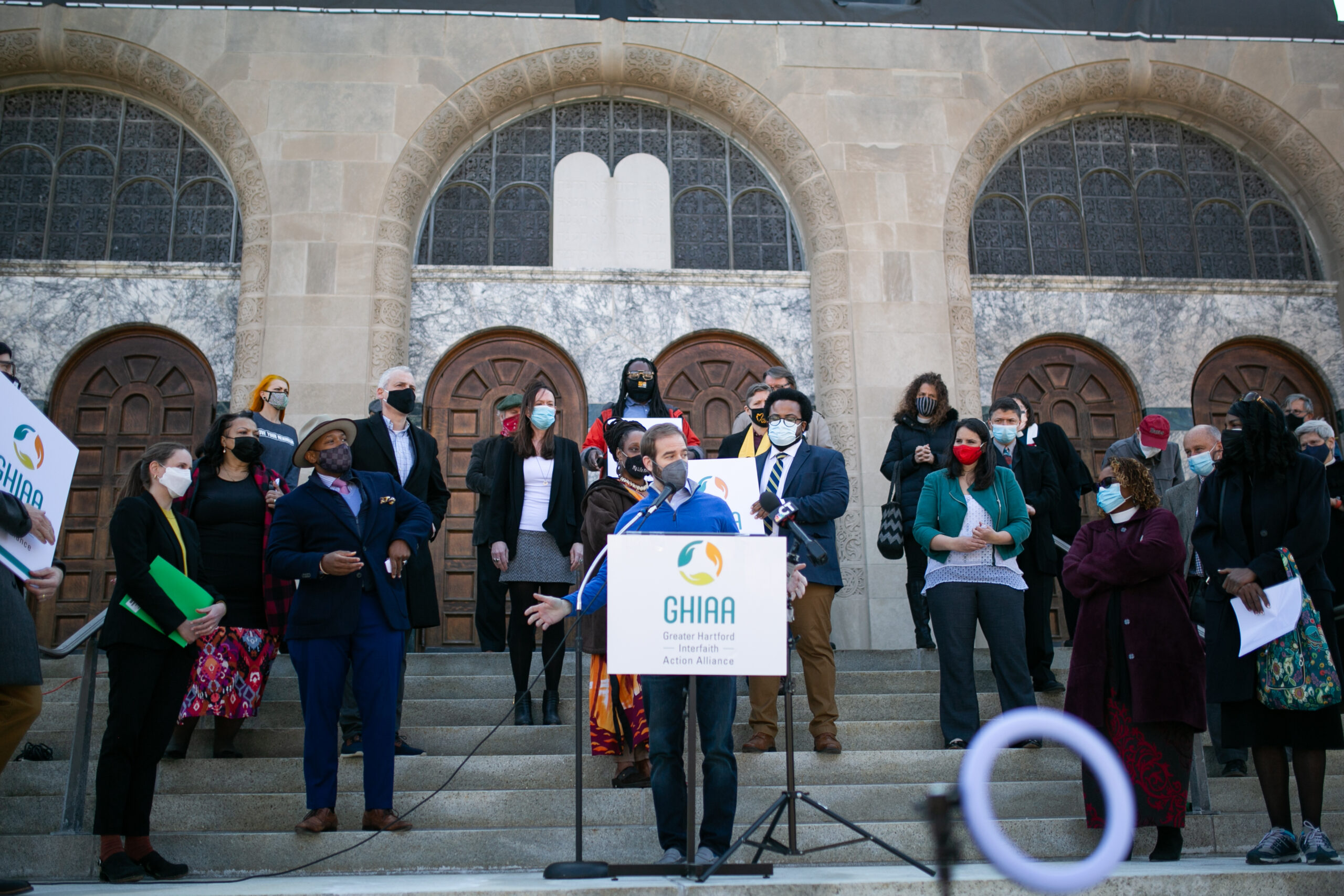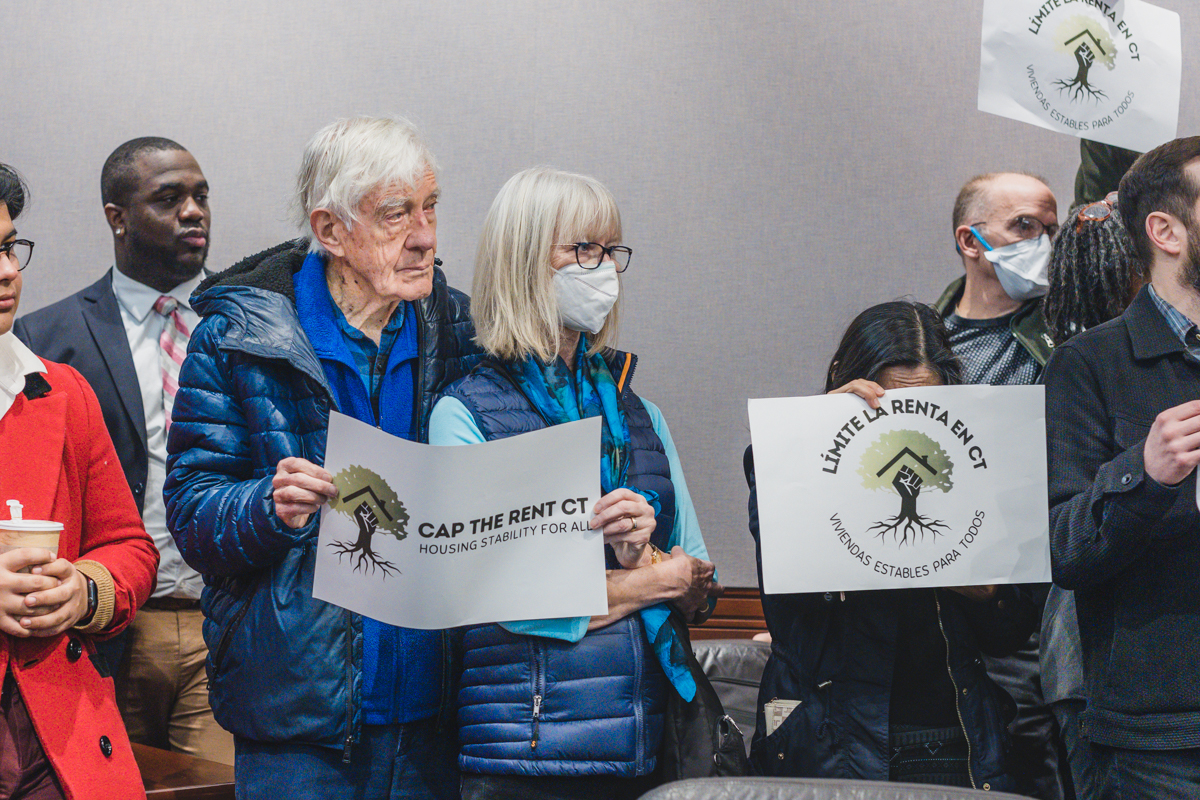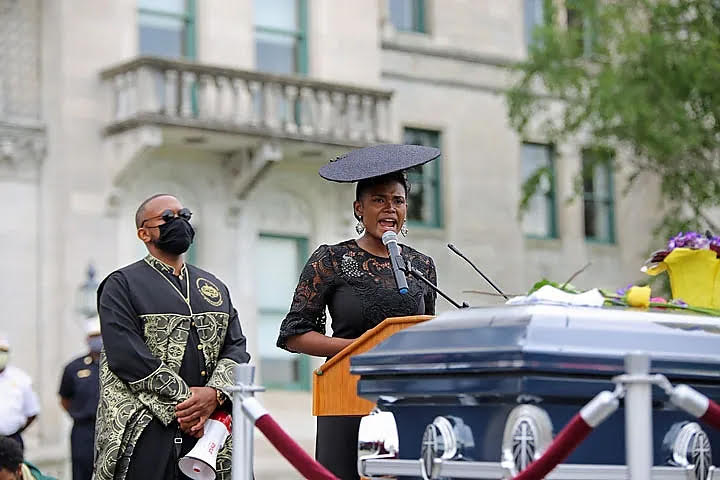Since 2017, Connecticut’s finances have been defined by the fiscal guardrails—a series of statues controlling spending. Created in a time of crisis, they were emergency measures to improve CT’s financial health. They filled the Rainy Day Fund, paid down longstanding pension debt, and improved CT’s credit rating. These are important achievements—but they have come at a profound social cost.


For many years, services and programs historically provided by the state have been outsourced to nonprofits who are asked to do more with less. Mental health, workforce training, addiction recovery, youth services, elder care, support for disabled adults, and other essential services are being consistently underfunded. Because of this systemic underinvestment, our state’s social infrastructure is crumbling, and our communities are suffering the consequences.
2025 Legislative Update: GHIAA’s most complicated issue at the outset remains so today. We joined our voices with many others in calling for the state to create a budget that truly invests in the human needs of our communities- which requires reforming the policies that currently funnel billions of dollars in existing revenue away from the places where they need to be spent.
GHIAA held an impressive action at Immanuel Congregational Church with CT for All and SEIU 1199, with over 750 people present. Speaker of the House Matt Ritter made bold commitments about lifting the guardrails and declaring a fiscal emergency.
Those commitments were not fulfilled. An emergency was not declared. The guardrails were not lifted.
The only true modification to the fiscal guardrails was an increase in the volatility cap – an important change, but not enough. The new budget also invests significant resources via off-budget accounting that puts them outside the spending cap – which does allow for some increased investment, but leaves the restrictions in place rather than achieving systemic change.
We are told there will likely be a special legislative session later this year, once the federal budget has been finalized, to address the impact of expected cuts.
GHIAA’s Impact: We were an important voice in this conversation because we do not stand to gain directly from the state budget, but are making the case on the moral grounds of what is actually good for our communities and faithful to our values. We brought some education, clarity, and understanding to a confusing issue, and raised its profile with some legislators. What we did not find a way to do was hold Speaker Ritter accountable for his commitments or influence Governor Lamont.
When we advocate for increased funding for critical human needs, the response from our elected leaders is, “There’s no money.” Why? Because billions of dollars that could be invested in our communities are being withheld by the guardrails instead. The fiscal roadblocks solve a problem we’re no longer facing, and in doing so, block future progress. Especially in light of impending federal cuts, it is imperative that our state stop underfunding essential services. It’s time to reform and restructure the fiscal roadblocks.
To learn more about the fiscal guardrails and how they are starving our communities of necessary resources, check out this fact sheet.
GHIAA has endorsed the Connecticut For All statement of principles for fiscal reform. You can view the principles online here.










